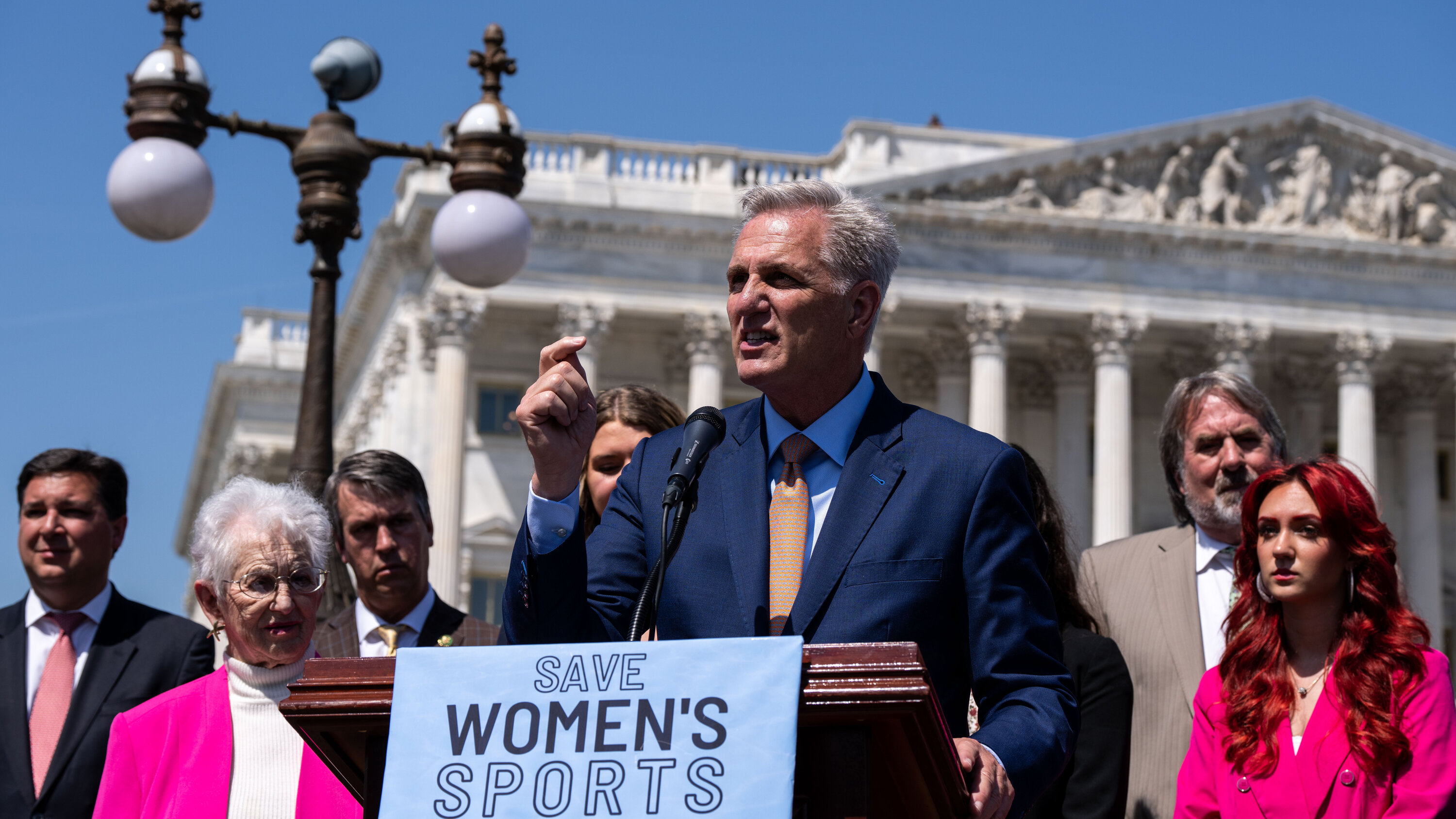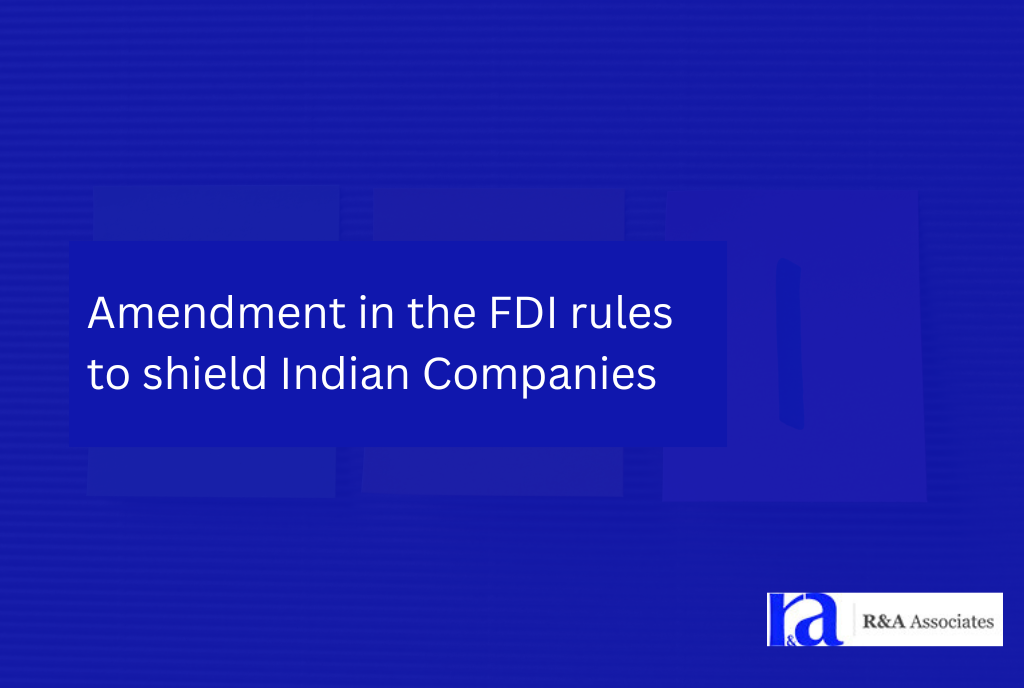£25m Financial Gap: A West Ham United Case Study

Table of Contents
Analyzing West Ham United's Revenue Streams
West Ham's financial health depends on the effectiveness of its revenue generation across three key areas: matchday revenue, broadcasting revenue, and commercial revenue. A thorough understanding of each is critical to addressing the £25 million gap.
Matchday Revenue
Matchday revenue forms a crucial part of any football club's income. For West Ham, this includes ticket sales, corporate hospitality packages, and other matchday experiences.
- Average Attendance: While West Ham enjoys a loyal fanbase, average attendance at the London Stadium needs to be consistently high to maximize revenue.
- Improving the Matchday Experience: Enhancements to the matchday experience, such as improved facilities and entertainment, could significantly boost ticket sales and corporate hospitality income.
- Impact of European Competition: Qualification for European competitions like the Europa League or Champions League would provide a substantial increase in matchday revenue through additional games and increased ticket demand.
Broadcasting Revenue
Broadcasting rights represent a substantial portion of Premier League club finances. West Ham's income from this source is directly linked to their league position.
- Current TV Deal: The current Premier League broadcasting deal provides a base level of income, but higher league finishes translate to increased payments.
- Future TV Deals: Negotiations for future broadcasting contracts will significantly influence West Ham's future financial stability. Consistent top-flight performance is key to securing favourable deals.
- Impact of Consistent Top-Flight Performance: Maintaining a strong league position is paramount for securing a larger share of the broadcasting revenue, impacting the overall financial health of the club.
Commercial Revenue
Commercial revenue encompasses sponsorship deals, merchandise sales, and other commercial ventures. Effective marketing and brand management are crucial for maximising this income stream.
- Key Sponsors: West Ham needs to continue attracting high-profile sponsors to maximize their commercial revenue.
- Marketing Strategy Effectiveness: A review of current marketing strategies is necessary to determine their effectiveness and identify potential areas for improvement.
- Opportunities for Expansion: Exploring new commercial opportunities, such as strategic partnerships and international marketing initiatives, can unlock significant revenue growth.
Examining West Ham United's Expenditure
The club's expenditure is another critical aspect of understanding the £25 million financial gap. This includes player wages, transfer fees, and operational costs.
Player Wages and Transfers
West Ham's wage bill, significantly influenced by player salaries and transfer fees, is a major expense.
- High-Earning Players: The salaries of high-earning players represent a substantial portion of the wage bill. Careful management of contracts is essential.
- Transfer Fees Paid: High transfer fees paid for players can strain the club's finances, especially if those players don't deliver expected returns on the pitch.
- Potential for Player Sales: Selling players can generate funds to offset expenditure and improve the overall financial position.
Operational Costs
Operational costs encompass stadium maintenance, staff salaries, and other administrative expenses.
- Cost of Running the London Stadium: Maintaining the London Stadium involves significant costs. Optimizing operational efficiency is crucial.
- Administrative Expenses: Streamlining administrative processes and reducing unnecessary expenses can contribute to cost savings.
- Potential Cost-Cutting Measures: Identifying and implementing cost-cutting measures across various departments can significantly improve the club's financial position.
The £25m Financial Gap: Causes and Consequences
The £25 million financial gap is a result of several interconnected factors, including the impact of the stadium move, the relationship between transfer spending and revenue generation, and the implications of UEFA's Financial Fair Play regulations.
Impact of Stadium Move
Relocating to the London Stadium incurred significant upfront costs and long-term lease agreements, impacting the club's financial resources.
- Initial Costs: The initial investment in the stadium and associated infrastructure placed considerable strain on the club's finances.
- Long-Term Lease Agreements: The long-term lease agreements for the London Stadium represent a considerable ongoing expense.
- Revenue Generation from Stadium Events: Maximizing revenue from non-football events at the stadium is crucial to offsetting the costs.
Transfer Spending vs. Revenue
The club's transfer spending needs to be balanced against the revenue generated from all sources.
- Comparing Transfer Expenditure with Revenue: A detailed comparison of transfer expenditure with revenue from all sources over several seasons is crucial to identify imbalances.
- Sustainable Transfer Policy: Implementing a sustainable transfer policy is essential to avoid future financial difficulties.
Financial Fair Play Regulations
The £25 million gap needs to be addressed to comply with UEFA's Financial Fair Play regulations, which aim to prevent clubs from spending beyond their means.
- FFP Regulations: Non-compliance with FFP regulations can lead to sanctions, such as transfer bans or point deductions.
- Consequences of Non-Compliance: Failure to comply with FFP rules can have serious repercussions for the club's future prospects.
- Strategies to Achieve Financial Sustainability: Implementing strategies to achieve financial sustainability is crucial for long-term success and FFP compliance.
Potential Solutions for West Ham United
Addressing the £25 million financial gap requires a comprehensive strategy focusing on improving revenue generation, controlling expenditure, and implementing a more strategic transfer policy.
Improved Revenue Generation
West Ham must actively pursue strategies to increase revenue across all streams.
- Improving Matchday Atmosphere: Creating a more vibrant and attractive matchday atmosphere can boost attendance and revenue.
- Securing New Sponsorships: Actively seeking new and lucrative sponsorship deals is essential.
- Increasing Merchandise Sales: Implementing effective merchandising strategies can improve sales and revenue.
Controlling Expenditure
Controlling expenditure requires careful management of player wages and operational costs.
- Better Salary Structures: Implementing more efficient salary structures can help reduce the wage bill.
- Renegotiating Contracts: Renegotiating existing contracts with players can help manage costs.
- Streamlining Operations: Streamlining operational processes and identifying areas for cost savings is crucial.
Strategic Transfer Policy
A strategic approach to player transfers is critical for long-term financial stability.
- Cost-Effective Signings: Focusing on cost-effective signings can reduce expenditure.
- Improving Player Scouting: Investing in better player scouting can ensure the acquisition of high-potential players at reasonable costs.
- Maximising Revenue from Player Sales: Developing a strategy to maximize revenue from player sales is vital.
Conclusion
This case study of West Ham United's £25 million financial gap highlights the challenges inherent in managing finances within the demanding environment of the Premier League. The club's considerable expenditure on players, coupled with challenges in maximizing revenue streams, has created a substantial deficit. Addressing this requires a multi-faceted approach, including enhancing revenue generation across all areas, controlling operational costs, and adopting a more strategic approach to player transfers. By implementing these strategies and developing a financially sustainable model, West Ham United can overcome this challenge and ensure its long-term financial stability. Further detailed analysis of West Ham United's financial performance is recommended to identify potential future challenges and opportunities. Understanding the intricacies of Premier League finance is crucial for the club's continued success.

Featured Posts
-
 Transgender Military Ban Examining Trumps Policy And Its Impact
May 10, 2025
Transgender Military Ban Examining Trumps Policy And Its Impact
May 10, 2025 -
 Qaymt Basmae Ashhr Laeby Krt Alqdm Almdkhnyn Wtathyr Dhlk Ela Hyathm Almhnyt
May 10, 2025
Qaymt Basmae Ashhr Laeby Krt Alqdm Almdkhnyn Wtathyr Dhlk Ela Hyathm Almhnyt
May 10, 2025 -
 Analyzing The Challenges Faced By Bmw And Porsche In The Chinese Market
May 10, 2025
Analyzing The Challenges Faced By Bmw And Porsche In The Chinese Market
May 10, 2025 -
 Bert Kreischers Netflix Stand Up A Look At His Marriage And Material
May 10, 2025
Bert Kreischers Netflix Stand Up A Look At His Marriage And Material
May 10, 2025 -
 Indian Insurers Plea For Streamlined Bond Forward Rules
May 10, 2025
Indian Insurers Plea For Streamlined Bond Forward Rules
May 10, 2025
